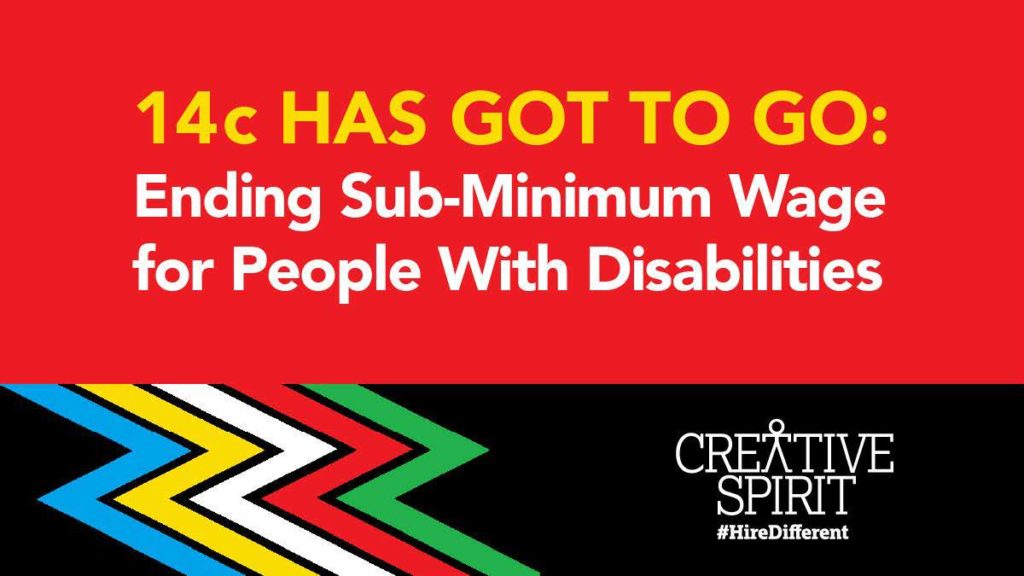
By Menachem Rephum Creative Spirit Communications Manager
Since the founding of Creative Spirit U.S. in 2017, we have been on a mission to connect people who are neurodivergent with sustainable, fair-wage employment at some of the best, most forward-thinking companies in the world. During National Disability Employment Month (NDEAM) this October, we will be taking advantage of the opportunity to shine a light on one of our most important initiatives, advocating for the repeal of 14c, a provision of the Fair Labor Standards Act (FLSA) of 1938 that allows employers to pay workers with disabilities sub-minimum wage, if their disability is shown to affect productivity relative to their non-disabled, or neurotypical peers. Ending Sub-minimum Wage
At Creative Spirit, we believe that combating stigma and helping people with disabilities find fair wage roles that develop confidence and self-esteem is essential to long-term economic empowerment. To put this issue in perspective, 1 in 5 Americans lives with a disability. Inclusion cannot happen while policies as unjust as 14c are on the books, which is why we’re enthusiastically backing all of the legislation focused on eliminating it. Ending Sub-minimum Wage
One of the most significant and promising initiatives we have explored is the Transformation to Competitive Employment Act (HR2373). Introduced in April 2021, this federal, bipartisan bill would achieve a phaseout of 14c by providing states and employers with the resources to help workers with disabilities transition into competitive, integrated employment in their communities. Under H.R. 2373, employers would be required to gradually increase wages from 60% of the minimum wage starting six months after the Act’s passage, reaching the full minimum wage four years after the first increase.
In addition to being grossly unethical, 14c is severely outdated since the life expectancy of people with disabilities has increased since it was introduced almost a century ago. Today, many people with disabilities live and work independently and deserve a full paycheck for their labor. In an op-ed for USA Today, the National Organization on Disability chairman and former Pennsylvania Governor Tom Ridge eloquently laid out why 14c needs to go. “In 1938, when the FLSA legislation was passed, it was assumed that a worker with a disability was less productive than a non-disabled worker,” Ridge wrote. “In retrospect, it was a flawed assumption…now we know that workers with disabilities, given equal opportunity and appropriate tools or technologies, can perform as well as their non-disabled counterparts. This has been reaffirmed in the past year with so many of us working successfully from home, something people with disabilities have argued they could have been doing all along.” Ridge affirmed that eliminating 14c is “a fair, commonsense step in the march to freedom for Americans with disabilities,” and urged President Joe Biden to eliminate the legal sub-minimum wage policy in his American Rescue Plan.
Across the country, disability rights advocates have been increasingly vocal in calling for an end to 14c, as the Autism Society of Minnesota noted in an article this year. Together with our partner organizations and advocates both within the disabilities community and outside of it, Creative Spirit supports legislation like H.R. 2373, constantly working to raise awareness of why 14c needs to be abolished. Our goal is to achieve critical changes to employment laws, an objective which is all the more important at a time when people with disabilities are gaining greater visibility and playing an increasingly prominent role in society. According to data from the CDC, sixty-one million adults in the United States (1 in 4 adults) currently live with a disability. Yet, those with Intellectual and Developmental Disabilities (IDDs) face a staggering 85% unemployment rate, compounded by the fact that only 12% of employers are focused on hiring individuals who are neurodivergent. This NDEAM, will you stand with us in ending 14c and achieving equal opportunities and full workplace inclusion for people with disabilities?






